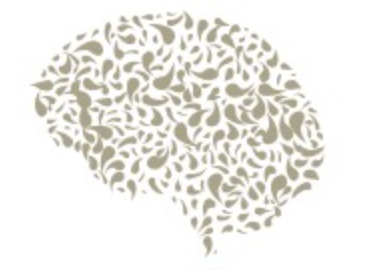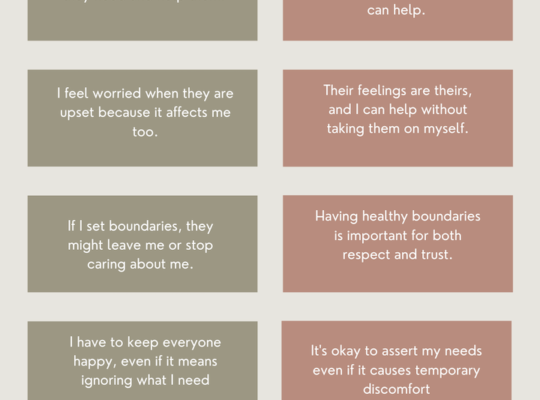
Self-awareness is a buzzword that’s everywhere, from therapy sessions to Instagram captions, but let’s take a moment to peel back the layers and explore its deeper meaning. Psychologists like Daniel Goleman, author of Emotional Intelligence, define self-awareness as the ability to recognize and understand your emotions, motivations, and behaviors. But it’s not just about knowing yourself; it’s about using that knowledge to make better choices and foster growth. So, how does self-awareness actually change your life? Let’s dig in.
The Science Behind Self-Awareness
In Insight by Tasha Eurich, she emphasizes two types of self-awareness: internal and external. Internal self-awareness involves understanding your values, passions, and how your emotions affect your thoughts and actions. External self-awareness is about recognizing how others perceive you. Both are crucial, but research shows they don’t always go hand-in-hand. For example, you might think you’re a great listener, but colleagues may disagree. Bridging this gap can lead to transformative personal and professional growth.
On a neurological level, self-awareness activates the prefrontal cortex, the brain’s center for decision-making and introspection. The default mode network, which lights up during moments of reflection, is crucial for understanding your inner narrative. Studies in neuroscience, such as those cited by Dr. Rick Hanson in Hardwiring Happiness, show that intentional self-reflection strengthens these brain regions, making self-awareness a habit rather than an occasional insight.
Practical Strategies from Psychology
- Mindfulness and Meditation:
Mindfulness, as described by Jon Kabat-Zinn in Wherever You Go, There You Are, is the practice of paying attention to the present moment without judgment. Regular meditation builds self-awareness by helping you notice thoughts and emotions as they arise. It’s like holding a mirror to your mind, allowing you to observe without reacting. Mindfulness improves emotional regulation and reduces stress, making it a cornerstone for self-awareness. - Journaling with a Purpose:
James Pennebaker’s work on expressive writing reveals that journaling isn’t just about venting—it’s a tool for clarity. Try prompts like, “What am I avoiding?” or “How did I contribute to today’s conflict?” The act of writing creates a narrative that helps you process emotions and identify patterns, which is essential for building both internal and external awareness. - Plutchik’s Wheel of Emotions:
Developed by psychologist Robert Plutchik, this tool categorizes emotions into nuanced shades, from “serenity” to “ecstasy.” Using the wheel can help you identify exactly what you’re feeling, moving beyond generic labels like “happy” or “sad.” This deeper emotional literacy enhances your ability to respond rather than react. - Feedback Loops:
Eurich’s research highlights the value of “truth tellers”—trusted individuals who provide honest, constructive feedback. Asking questions like, “What’s one thing I could do better?” helps you see blind spots in your self-perception. Combine this with self-reflection to bridge the gap between internal and external awareness.
The Transformative Power of Self-Awareness
- Emotional Regulation:
Self-awareness helps you recognize emotional triggers, enabling proactive responses rather than reactive outbursts. In Emotional Agility by Susan David, she outlines techniques to “step out” of your emotions and assess their underlying causes. - Improved Relationships:
Understanding your own needs and boundaries fosters healthier communication. Vulnerability and self-awareness are essential for connection. - Career Success:
Studies cited in StrengthsFinder 2.0 by Tom Rath reveal that aligning your work with your strengths—a facet of self-awareness—increases engagement and satisfaction. Leaders with high self-awareness are also more effective at managing teams.
Challenges and How to Overcome Them
Building self-awareness isn’t all sunshine and affirmations. It often means confronting uncomfortable truths. Eurich warns about the “self-awareness paradox”—overthinking can lead to rumination, which stifles growth. To avoid this, focus on “what” questions (“What can I learn?”) instead of “why” questions (“Why am I like this?”).
Another barrier is judgment. In The Untethered Soul by Michael A. Singer, he advises practicing non-attachment to your thoughts. You are not your thoughts; you are the observer of your thoughts. This shift reduces self-critical tendencies and fosters growth.
Conclusion
Self-awareness isn’t a one-time achievement—it’s a lifelong journey. Lets start today! Meditate for five minutes, ask a trusted friend for feedback, or journal about your day. Each step brings you closer to living with intention and authenticity. And isn’t that what we’re all striving for?







[…] self-awareness isn’t about reaching a final destination. It’s an ongoing journey of checking in with yourself […]